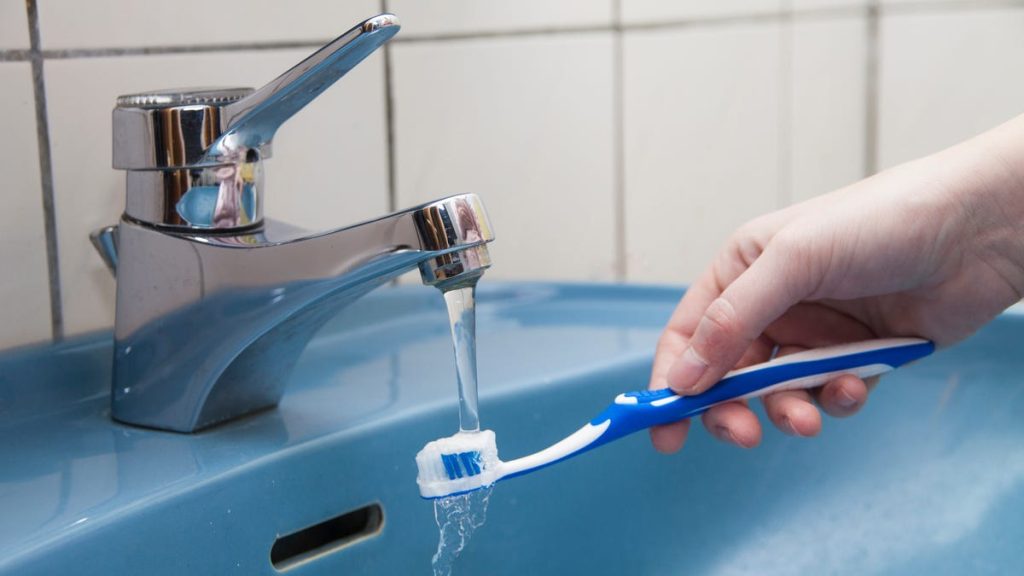Rinsing your mouth with water after brushing your teeth may not be the most effective method of maintaining good oral health, according to experts. Leaving the excess toothpaste on your teeth allows the fluoride in the toothpaste to continue working longer, making your enamel stronger and more resistant to acids that cause cavities. Skipping rinsing also helps to clean any film and bacteria left by food and sugary drinks. Additionally, after brushing, it is recommended to wait at least 15 minutes before drinking water to allow the fluoride to have a better effect.
Even if you have been rinsing your mouth after brushing for a long time, it is not a wasted effort. As long as you brush your teeth twice a day for 2 minutes each time, the fluoride from the toothpaste will still remain in your mouth and help protect your teeth. Not rinsing is just an extra step to enhance the effectiveness of fluoride. For those at higher risk of getting cavities, such as people who struggle with cavities regularly, not rinsing is a better decision. Consult with your dentist to determine the best practices for your specific dental health needs.
Using mouthwash right after brushing may wash away the concentrated fluoride from your teeth, as most mouthwashes contain less fluoride than toothpaste. It is recommended to use mouthwash at another time, such as after lunch or coffee. Additional tips for maintaining good oral health include always using a soft bristle toothbrush, flossing at least once a day to remove plaque and food particles, and gently brushing along the gum line to prevent gum disease. Consult with your dentist for personalized advice based on your oral health profile.
Fluoride is the most well-established effective ingredient in toothpaste, making it important to choose a toothpaste that contains fluoride. Not rinsing after brushing allows the fluoride to remain in your mouth for a longer time, enhancing its benefits. While research is still being done to determine the long-term effects of not rinsing, it is an additional step to help prevent cavities. Different risk levels for getting cavities vary per person, and it is important to understand your individual risk factors and seek help from your dentist to prevent cavities if you are at a higher risk.
It is essential to maintain good oral hygiene practices, such as using a soft bristle toothbrush, flossing daily, and consulting with your dentist for personalized advice. For those at a higher risk of cavities, not rinsing after brushing may be a better decision to maximize the benefits of fluoride. Always wait at least 15 minutes after brushing before drinking water to allow the fluoride to work effectively. Remember to consult with your dentist for tailored recommendations and to address any concerns regarding your oral health.


